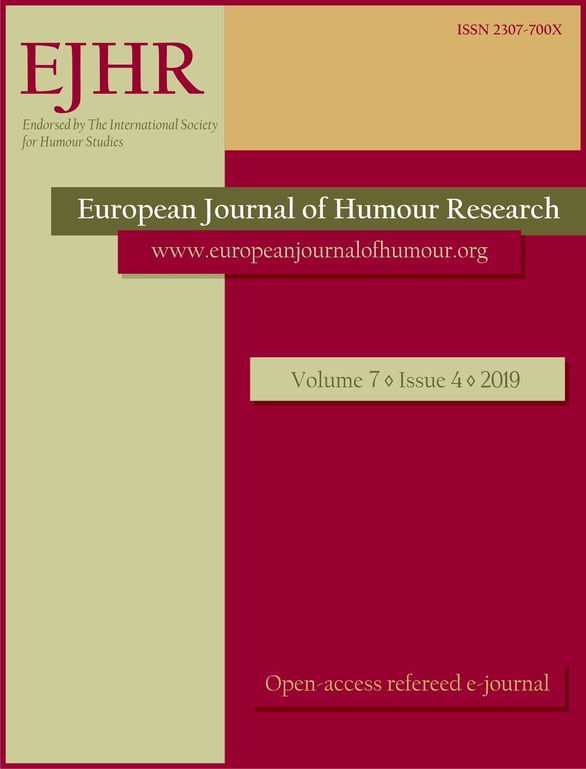Highly sensitive persons, caregiving strategies and humour:
Highly sensitive persons, caregiving strategies and humour:
the case of Italian and Israeli medical clowns
Author(s): Alberto Dionigi, Alon GoldbergSubject(s): Anthropology, Social Sciences, Psychology, Communication studies, Sociology, Cultural Anthropology / Ethnology, Social psychology and group interaction, Psychology of Self, Clinical psychology, Behaviorism, Applied Sociology
Published by: Krakowskie Towarzystwo Popularyzowania Wiedzy o Komunikacji Językowej Tertium
Keywords: humour; medical clowns; sensitivity; caregiving strategies; personality
Summary/Abstract: The medical clown is a healthcare practitioner whose character is strictly associated with the performer’s own personality. In this study, the relationships between the level of sensory processing sensitivity (SPS), caregiving strategies and humour in Italian and Israeli clowns were examined. Participants were 159 medical clowns (97 Italian and 62 Israeli), ranging from 22 to 74 years of age, who completed a demographic questionnaire, the self-reported Highly Sensitive Person Scale, the Caregiving System Scale and the BenCor. Results showed that a higher SPS was related to higher hyperactivation and deactivation, and that hyperactivation was related to lower benevolent humour and greater corrective humour. Hyperactivation negatively predicts benevolent humour but positively predicts corrective humour, beyond the effect of SPS. Deactivation had no relationship to either benevolent or corrective humour. The results are also discussed in reference to the two culture groups and to previous studies conducted with general populations.
Journal: The European Journal of Humour Research
- Issue Year: 7/2019
- Issue No: 4
- Page Range: 1-15
- Page Count: 15
- Language: English

